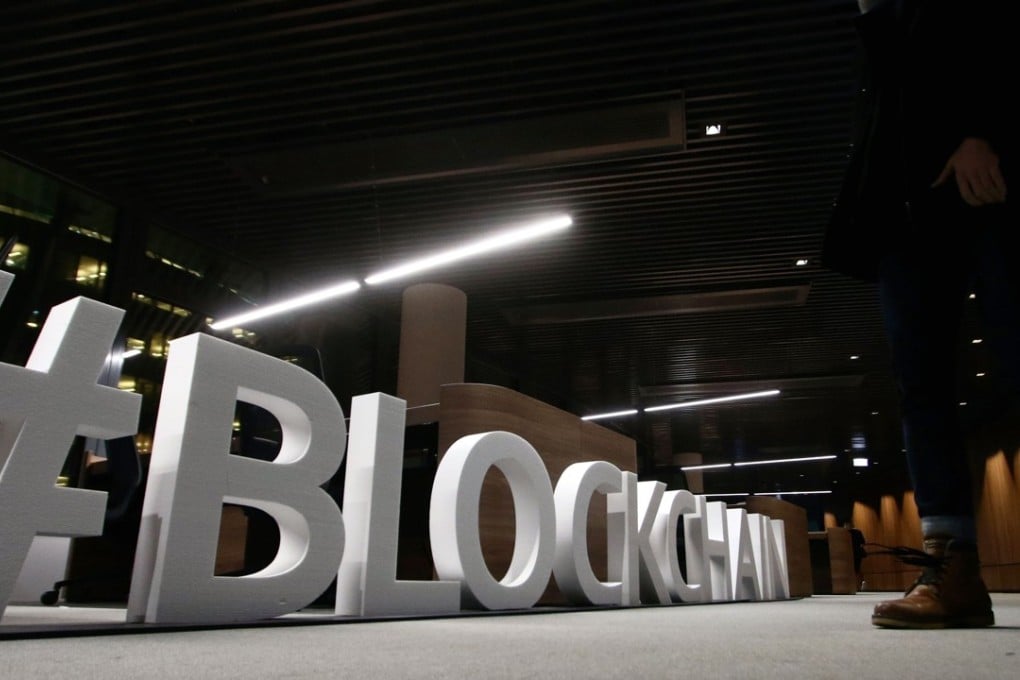The View | Hong Kong’s fintechs must shake off their traditional shackles to make the next technological leap
The HKMA is blurring the fine line between the suppression of subversive ideas and promoting innovation

“Don’t take my words away from me,” cried Lenny Bruce, brilliantly portrayed by Dustin Hoffman in the 1974 biopic, “Lenny”.
In the 1960s, Bruce fought for his first amendment rights to tell profane and obscene jokes in his stand-up comedy act.
It’s easy to forget that the right and choice to possess and express ideas, especially those which greater society and government despise, was a struggle even in the US, which enshrined their expression in a constitution. But, the line between the suppression of subversive ideas and innovation can be easily blurred.
The most creative and intelligent people must be ideologically dangerous simply because they spout ideas that governments and establishments either cannot possibly understand or utterly detest.
China has made technological progress, but we must also acknowledge that all of China’s major tech and e-commerce companies are direct copies and local adaptations of Amazon, Google, eBay, WhatsApp and PayPal. China is now faced with making its own next technology leap.
